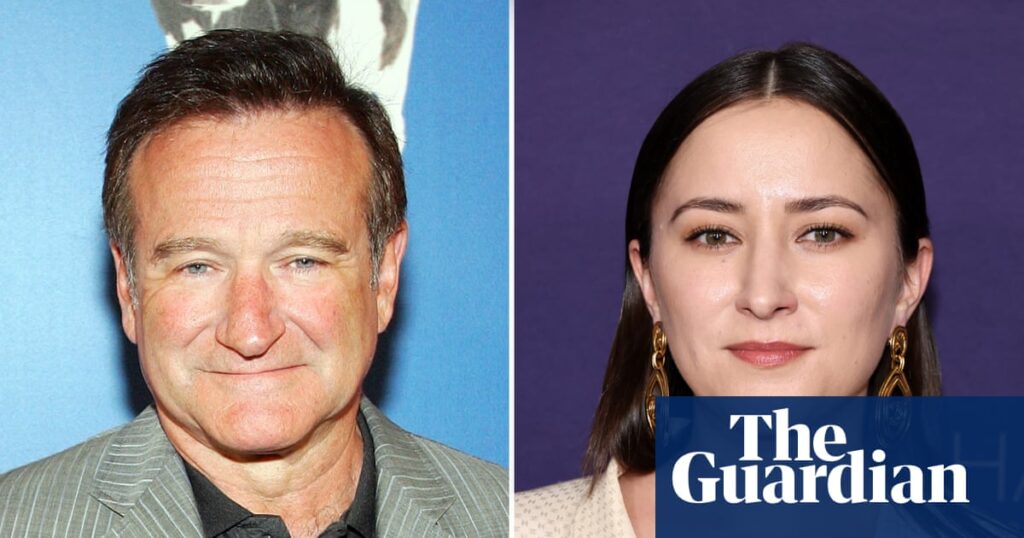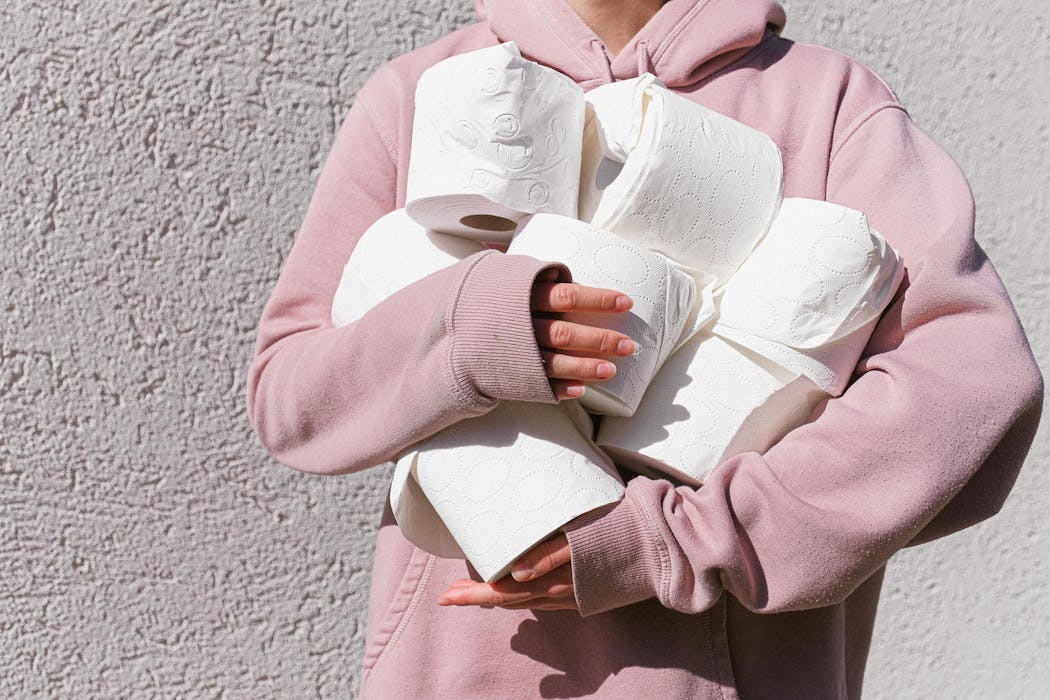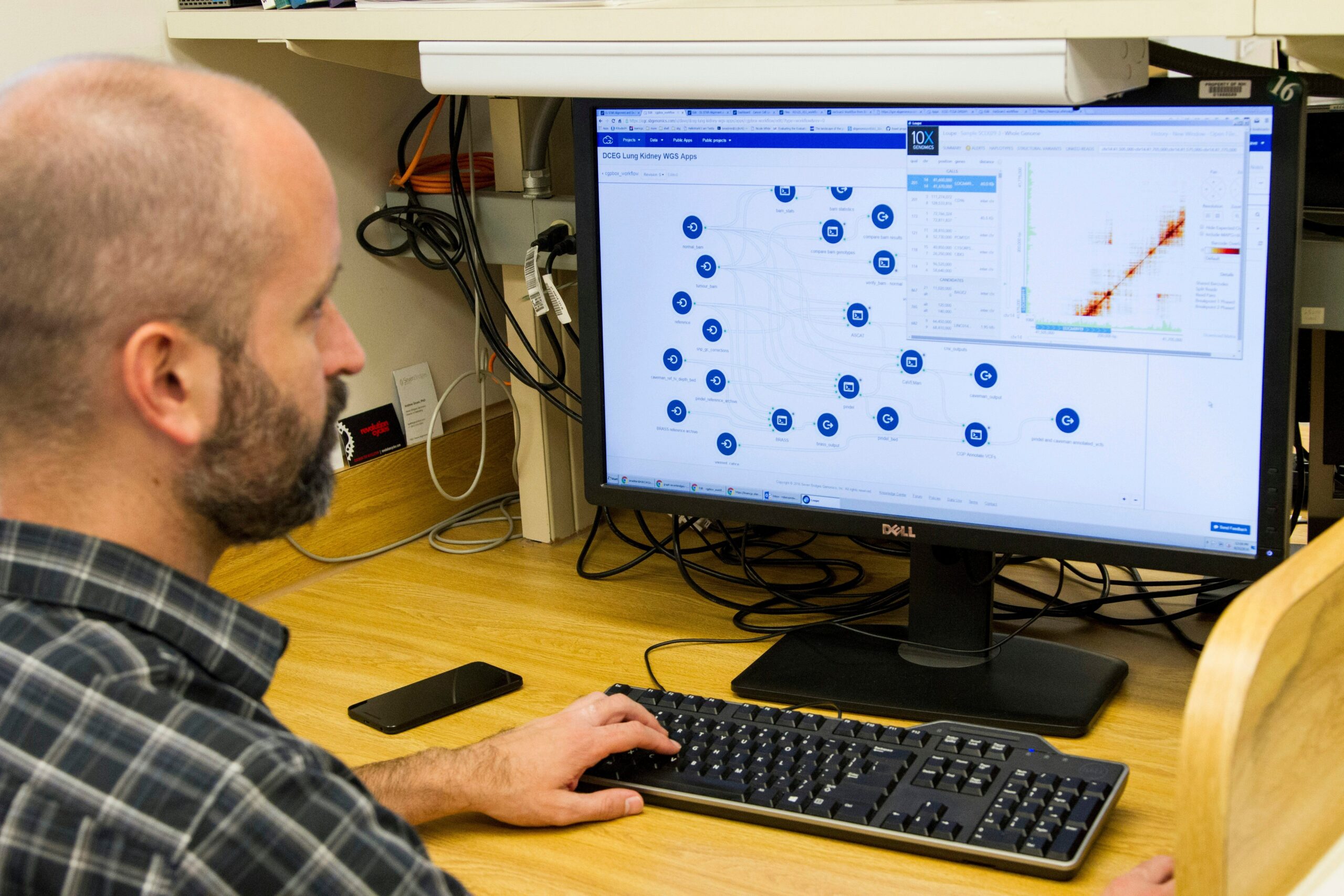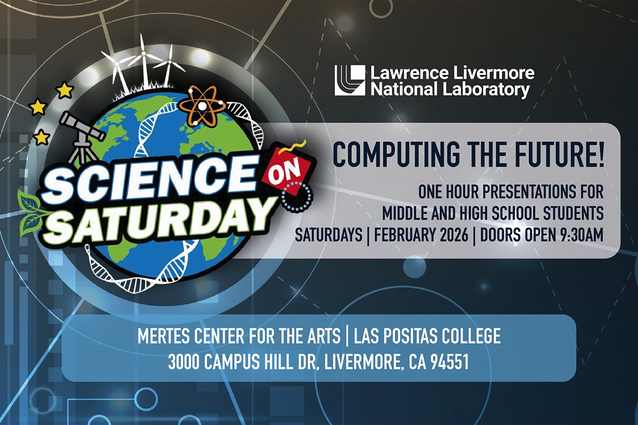
Zelda Williams, daughter of the late actor and comedian Robin Williams, has publicly criticized AI-generated content featuring her father. In a heartfelt Instagram story posted on Monday, Zelda expressed her frustration and distress over these digital recreations.
“Please, just stop sending me AI videos of Dad,” Zelda wrote. “Stop believing I wanna see it or that I’ll understand, I don’t and I won’t. If you’re just trying to troll me, I’ve seen way worse, I’ll restrict and move on. But please, if you’ve got any decency, just stop doing this to him and to me, to everyone even, full stop. It’s dumb, it’s a waste of time and energy, and believe me, it’s NOT what he’d want.”
The Rise of AI-Generated Content
This development follows a broader trend where AI-generated videos, often referred to as “deepfakes,” have become increasingly prevalent across social media platforms. These videos can range from humorous impersonations to more controversial uses, such as political propaganda or unauthorized celebrity endorsements.
Zelda Williams, an actor and filmmaker herself, has been vocal about her opposition to these technologies, particularly when they involve her father, who passed away in 2014. In a 2023 Instagram post supporting the Screen Actors Guild’s campaign against AI, she highlighted the ethical concerns surrounding these recreations.
“I’ve witnessed for YEARS how many people want to train these models to create/recreate actors who cannot consent, like Dad. This isn’t theoretical, it is very very real,” she wrote.
Celebrity Deepfakes: A Growing Concern
Williams’ latest comments come amid a surge in celebrity deepfakes, which have sparked debates about privacy, consent, and the potential for misuse. In January, actress Scarlett Johansson warned of the “imminent dangers of AI” following a viral deepfake video featuring her and other celebrities.
Similarly, in August, a deepfake scam ad featuring Crowded House frontman Neil Finn falsely discussing erectile dysfunction prompted the band to issue a public disclaimer. These incidents highlight the broader implications of AI technology in media and entertainment.
Implications for the Entertainment Industry
The proliferation of AI-generated content raises significant questions for the entertainment industry. While some view these technologies as innovative tools for creativity, others see them as threats to artistic integrity and personal privacy. The ethical considerations are particularly poignant when dealing with deceased individuals who cannot consent to their likeness being used.
According to experts, the rapid advancement of AI technologies, such as OpenAI’s video generator app Sora 2, has made it easier than ever to create convincing digital replicas. Within days of its launch, Sora’s feed was inundated with videos featuring copyrighted characters and deceased celebrities, including Robin Williams.
“To watch the legacies of real people be condensed down to ‘this vaguely looks and sounds like them so that’s enough’, just so other people can churn out horrible TikTok slop puppeteering them is maddening,” Zelda Williams lamented.
Looking Forward: Ethical and Legal Challenges
As AI technology continues to evolve, the entertainment industry faces the challenge of balancing innovation with ethical responsibility. Legal frameworks are struggling to keep pace with these advancements, leaving many questions unanswered about the rights of individuals, both living and deceased.
For Zelda Williams and others who have been directly affected, the issue is deeply personal. Her plea for respect and decency underscores the need for a broader conversation about the role of AI in our digital landscape.
As the debate continues, industry leaders and policymakers will need to work together to establish guidelines that protect the rights of individuals while fostering creativity and innovation. The future of AI in entertainment remains uncertain, but one thing is clear: the conversation is far from over.






